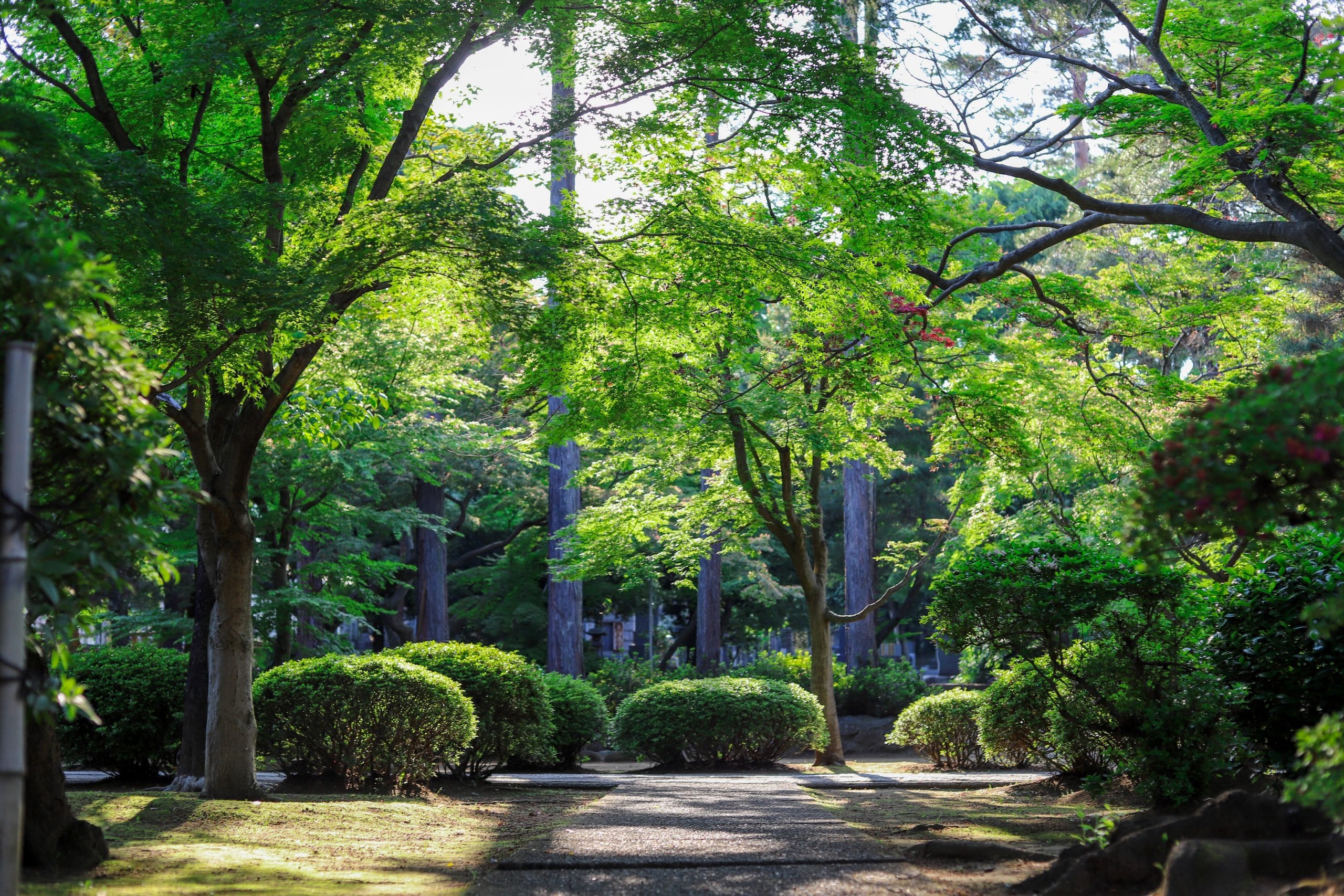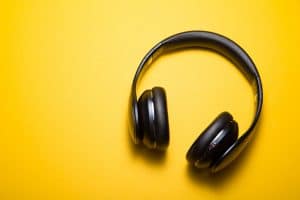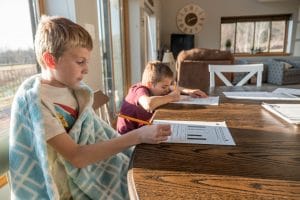A few months ago, my tech-savvy pastor husband challenged me to try out this new cordless VR headset called the Oculus Quest 2. We tend to be a tech-embracing family, but I must admit I was a bit skeptical at first.
My scant previous experience with VR included a sideline observation of some of my husband’s projects in VR community building using his computer. I had also seen family members play Beat Saber, swinging virtual light sabers at flying objects whizzing towards them to music. And I tried out a VR headset game in which I interacted with a cartoonish robot. While these were all amusing and in themselves pretty remarkable, I did not see them as something I could identify with or use on a regular basis. That is, until Covid-19 hit and the pandemic turned our worlds upside down.
In a matter of days, I went from commuting all over South Florida for work (I’m a music therapist and bereavement specialist), running to school drop offs, and balancing an active schedule of church and social activities in my “free time”…to being home all the time. The huge shift was and still is difficult. Just before the pandemic hit us, I had been going through some medical treatments that put me in a high risk category. I had been running a fever for a few days (and looking back, I believe it was stress). We immediately quarantined, and as days turned to months, we remained very cautious. As an extrovert now living in a strictly quarantined lifestyle, I was forced to find new ways to engage in community and re-imagine my self care.
I consider myself very fortunate, as I have been able to work remotely during the day homeschool our kindergartner in the evenings. The work I do is emotionally heavy and requires a great deal of energy to help people navigate the pain of loss amidst a global pandemic. Self care is essential for me. After a series of personal losses and the accumulated experience of a quarantined lifestyle, I have noticed that I have to push harder for my own mental health than ever before. Cue that little white VR headset in a box that had been collecting dust for weeks.
At first, I was spurred by the idea of virtually traveling to see things I would never experience in the pandemic. I so desperately wanted to go somewhere other than my home, neighborhood walks, and the occasional contactless curbside grocery or takeout pickup.
My husband invited me to check out a VR documentary on the Notre Dame cathedral in Paris. It showed footage before and after the tragic fire in early 2019. The details were far beyond anything I could imagine. I was able to look all around me from the ornate ceiling to the scratched tile floor showing centuries of wear. I was in awe, virtually experiencing a piece of preserved history that I will never be able to experience again. Moved, I began to wonder what else I could find and experience through this little wireless headset.
I was able to look all around me from the ornate ceiling to the scratched tile floor showing centuries of wear. I was in awe, virtually experiencing a piece of preserved history that I will never be able to experience again.
My next–and favorite–find so far is a relaxation and mindfulness meditation app called Tripp. It’s advertised as “mood on demand” and “calm reimagined.” Entering this platform reminds me of traditional relaxation apps (such as Calm, Ten Percent Happier, or Insight Timer), but on steroids. A bell rings, and as a small hummingbird flies past, you hear the humming of the tiny wings. Then you find yourself sitting on the edge of a body of water as lights bend and dance before you. Meanwhile, you practice breathing exercises and relaxation techniques. The app also contains immersive 360-degree video experiences, allowing you to virtually travel to beautiful places. You can observe the edelweiss in bloom in the Bavarian Alps or sit behind a waterfall in Tasmania.
There are mindfulness classes taught by an instructor where you can turn around and see other students present with you. I made the mistake once of using a hand controller to turn to view things behind me instead of just moving my head, and I actually spun around so fast I got dizzy, just like being on a Disney teacup ride. It also contains brain games based on research for increasing attention. They are divided into short morning exercises to increase attention and evening exercises to promote relaxation for sleep.
One rather interesting feature is that these exercises give a pre- and post-test so you can observe the percentage change in your mood and state of calm. In the few weeks I have been using Tripp, I have noticed an improvement in my overall mood and coping abilities when pandemic lifestyle hits all my grief triggers. The app claims that within eight weeks of mindfulness training, users can see a significant improvement in overall mood. I can see now how that is possible.
I also found a creative (and mess-free) way to make art in an immersive painting and drawing app called Tilt Brush. I have enjoyed doodling and making art with my in-person book club, and now a Zoom-based one this last year. I deeply enjoy art journaling. Art in VR is a completely different experience. On my own, I wouldn’t have the gumption to purchase and store hundreds of materials and supplies for painting canvases larger than I am. This app allows the artist to paint with a variety of media and digital renderings. For example, you can paint in opaque geometric patterns with glittering, falling star borders. You can add to an existing image or create your own from scratch. One day, I walked in small circles “painting” an image for over an hour, as it was so fun and satisfying. No wall space required. I can see this platform as the new Wild West for budding artists.
In summary, these unprecedented times continue to bring challenges for those who are facing grief and isolation. However, we are now exploring tools we may have not considered before which can create community and opportunities for self care. Virtual reality is providing new pathways for growth, healing, and self care.
Reality changing observations:
1. Would you try using a VR headset?
2. If you have tried a VR headset, what was your experience like?
3. What are other opportunities you can imagine for personal growth and self care using virtual reality?





